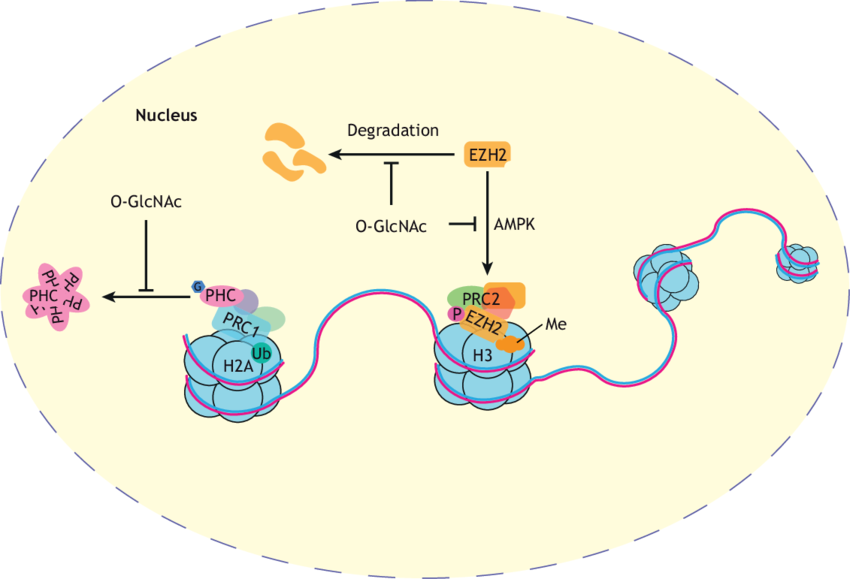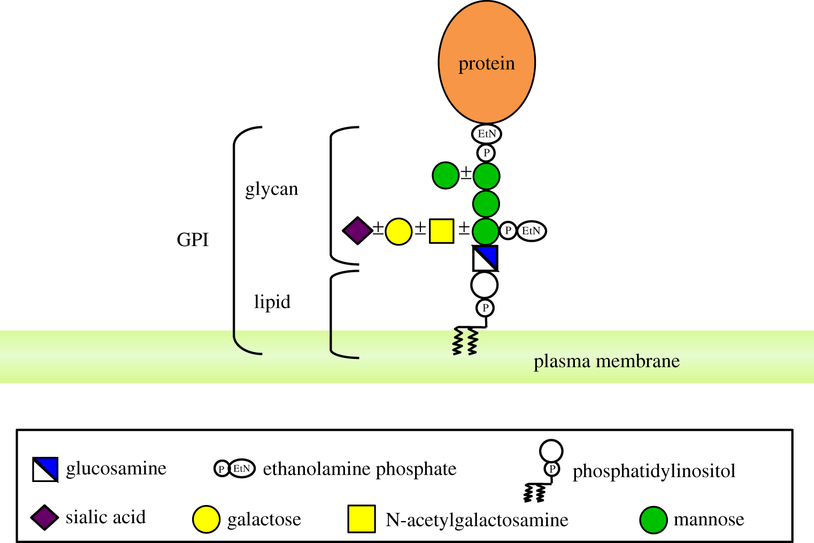Glycosylation and Related Modifications Analysis Service
MtoZ Biolabs provides Glycosylation and Related Modifications Analysis Service to support precise identification and quantification of glycosylation and its associated protein modifications. By combining optimized enrichment techniques with advanced LC-MS/MS workflows, we deliver comprehensive datasets that capture both the diversity and the dynamics of glycan modifications. Our Glycosylation and Related Modifications Analysis Service integrates multiple quantification strategies, including TMT, iTRAQ, and label-free methods, enabling reliable cross-sample comparison as well as scalable analysis for large cohorts. These capabilities provide researchers with actionable insights into the roles of glycosylation and related modifications in cellular function and disease progression.
What is Glycosylation and Related Modifications?
Glycosylation is one of the most widespread and complex post-translational modifications, involving the covalent attachment of glycans to proteins or lipids. It profoundly influences protein folding, stability, trafficking, and interactions, and it plays essential roles in immunity, signaling, and cell–cell communication.
In addition to classical N-linked and O-linked glycosylation, several related modifications contribute to fine-tuned protein regulation. O-GlcNAcylation is a dynamic and reversible glycosylation that modulates transcription, signal transduction, and stress responses. Glypiation, on the other hand, anchors proteins to membranes through glycosylphosphatidylinositol (GPI), impacting protein localization and cell signaling. Together, glycosylation and its related modifications shape the functional diversity of proteins and have been linked to cancer, immune dysfunction, neurodegeneration, and metabolic disorders.
Services at MtoZ Biolabs
1. Targeted Glycosylation and Related Modifications Analysis
MtoZ Biolabs provides targeted analysis of glycosylation and related modifications on client-defined proteins. This service focuses on specific targets supplied by the client and delivers accurate site-level identification and quantitative assessment of glycan structures and associated variants. It is suitable for studies requiring detailed evaluation of selected proteins in applications such as biotherapeutic characterization, pathway-specific research, or condition-dependent modification assessment.
2. Glycosylation and Related Modifications Proteomics
For broader research needs, MtoZ Biolabs offers proteome-wide analysis of glycosylation and related modifications across complex biological samples. This service supports large-scale characterization of glycan profiles, enabling comparative analyses across tissues, cell populations, treatments, or disease states. It is well suited for discovery-driven studies that aim to investigate global glycosylation patterns and identify modification signatures with potential functional or biomarker relevance.
Why Choose MtoZ Biolabs?
✅ Comprehensive PTM Platform: Advanced glycomics and proteomics workflows ensure reliable and detailed glycan profiling.
✅ High Data Quality: Strict QC and bioinformatics integration provide publication-ready results.
✅ Broad Sample Compatibility: Validated for tissues, cells, body fluids, and purified proteins.
✅ Customized Solutions: Tailored workflows and flexible data analysis meet specific research needs.
✅ Transparent Pricing: One-time charge with no hidden fees.
Sample Submission Suggestions
MtoZ Biolabs accepts a wide range of biological samples for glycosylation and related modifications analysis, including:
Serum/Plasma: ≥100 µL
Urine: ≥2 mL
Animal Tissue: ≥200 mg
Plant Tissue: ≥10 g
Microorganisms: ≥500 µL
Protein Extracts: ≥5 mg
Cells: ≥1 × 108
Samples should be frozen at -80°C and shipped on dry ice. Avoid detergents or additives that interfere with glycan detection. For specific requirements, our technical specialists are available for consultation prior to submission.
Applications
The Glycosylation and Related Modifications Analysis Service supports diverse research applications:
● Cancer Research: Characterizing altered glycosylation patterns driving tumor invasion and metastasis.
● Immunology: Revealing glycan-mediated regulation of antigen presentation and immune recognition.
● Neuroscience: Mapping glycosylation changes in neurodegenerative and developmental disorders.
● Metabolic Disorders: Investigating how glycan dynamics influence metabolic signaling.
● Biotherapeutic Development: Supporting structural and quality analysis of glycoproteins and antibody-based drugs.
What Could be Included in the Report?
1. Comprehensive Experimental Documentation
2. Instrumentation and Methods Used
3. Total Ion Chromatogram with QC Report
4. Structural and Site-Specific Glycosylation Profiles
5. Bioinformatics-Based Data Interpretation
6. Raw and Processed Data Files
MtoZ Biolabs offers Glycosylation and Related Modifications Analysis Service with a strong focus on analytical precision, biological relevance, and data interpretability. Our integrated approaches for O-GlcNAcylation and Glypiation analysis expand the understanding of protein regulation under physiological and pathological conditions.
We welcome researchers to consult with our technical team to design customized strategies for their glycosylation or broader PTM studies.
FAQ
Q1: What strategies are used to identify glycan structures and linkage types?
We employ specific enzymatic digestion, HILIC-based enrichment, and multi-stage fragmentation (MSⁿ) to decode glycan compositions and linkage patterns, ensuring detailed structural information beyond peptide-level identification.
Q2: What challenges exist in analyzing glycosylation compared to other PTMs?
The structural diversity of glycans introduces complexity in mass spectrometry analysis. At MtoZ Biolabs, we address this by combining enrichment strategies, high-resolution MS, and specialized bioinformatics to deliver high-confidence results.
Related Services










